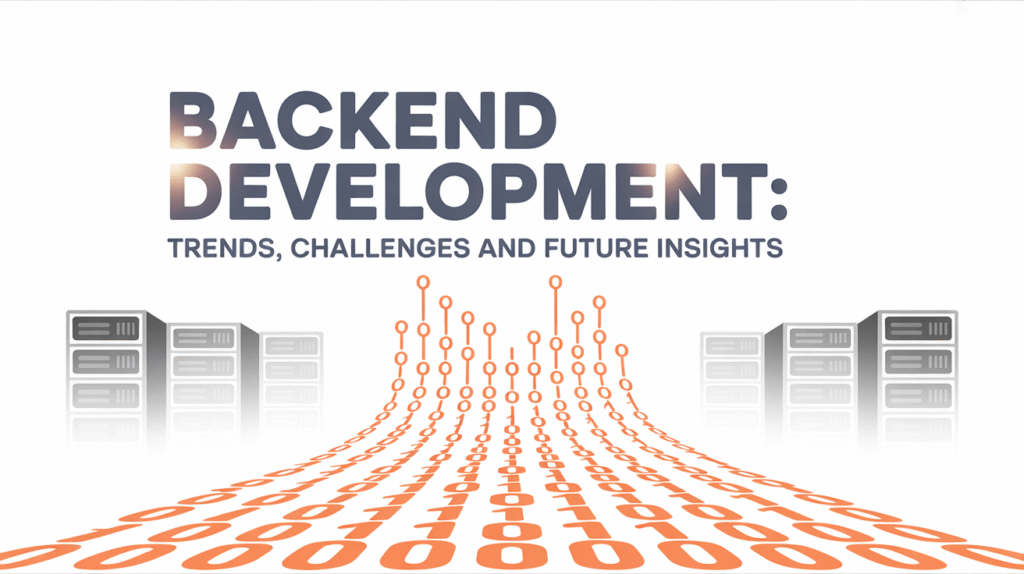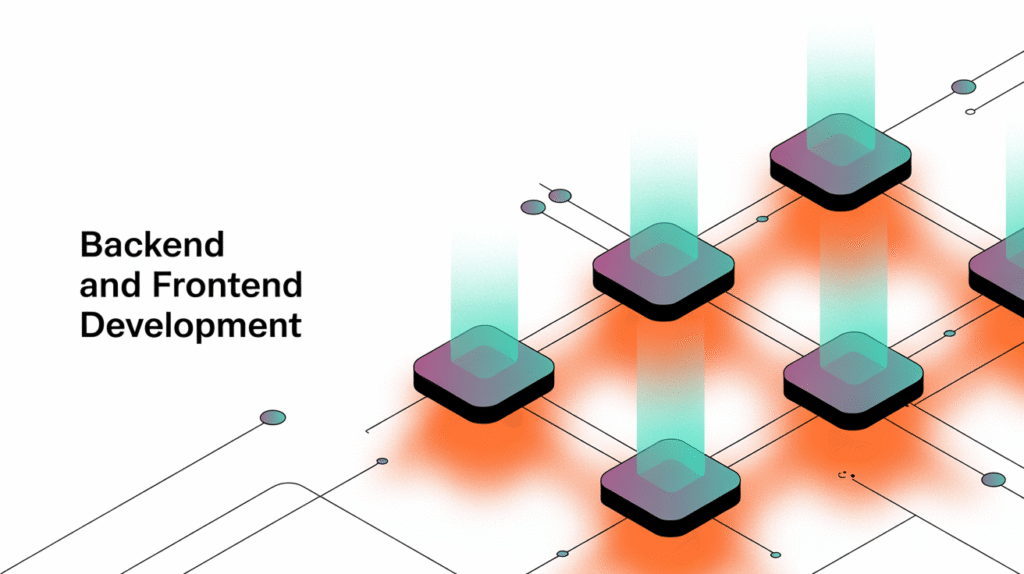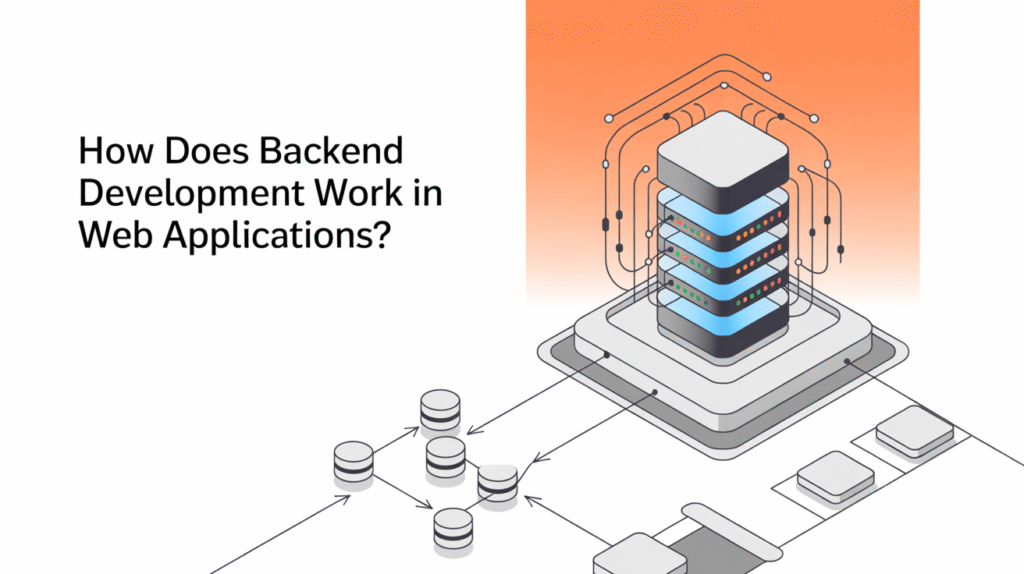- Bluell
- Blog
- Android
Benefits of AI: From Healthcare to Supply Chain
- Development
- 9 min Read
- 19 May 2025
Artificial intelligence ( AI ) is revolutionizing industries across the globe, driving innovation and efficiency in ways previously unimaginable. AI’s ability to learn from data, adapt, and make decisions autonomously has led to significant advances across sectors.
From healthcare to supply chain management, AI is playing a critical role in improving operations, reducing costs, and delivering better outcomes. Below, we explore the key benefits of AI, including its specific contributions to healthcare and supply chains.
What is AI good for?
AI is revolutionizing industries and societies globally, offering innovative solutions to everyday challenges. Its applications are vast and ever-growing, with profound impacts in several key areas:
- Healthcare: AI is improving disease detection, speeding up diagnostics, and helping develop personalized treatments. AI-powered tools are helping doctors detect anomalies in medical imaging and predict patient outcomes. These AI applications have made healthcare more accurate, efficient, and accessible, ultimately improving patient care worldwide.
- Energy efficiency: AI helps optimize energy consumption by analyzing real-time data, predicting energy needs, and minimizing waste. This is particularly beneficial for industries looking to reduce their carbon footprint, making AI a key tool for sustainable growth.
- Transportation: From self-driving cars to traffic management systems, AI is reducing traffic accidents, improving road safety, and even contributing to cleaner transportation solutions. It helps cities optimize traffic flows, save time and fuel, while reducing environmental impact.
- Industrial automation: AI enables industries to streamline production processes, increase efficiency, and reduce human error, ultimately leading to lower costs and better product quality.
- Innovation and new services: AI is a catalyst for creating new services and solutions, enabling companies to launch products that were previously not possible, such as AI-powered chatbots for customer service, personalized marketing, and more.
The role of AI is expanding beyond traditional areas into everyday life, helping society address environmental, economic, and social challenges more effectively.
What is AI?
Artificial intelligence refers to systems or machines designed to mimic human intelligence, learn from data and adapt based on experience. The European Commission’s definition encapsulates this well: “AI refers to systems that exhibit intelligent behavior by analyzing their environment and acting autonomously, with a certain level of self-determination.”
AI can be either purely software-based, such as chatbots and recommendation algorithms, or integrated into hardware, such as robots and self-driving vehicles. It encompasses several subfields, including:
- Machine Learning: A subset of AI focused on algorithms that enable systems to learn from and make predictions or decisions based on data.
- Natural Language Processing (NLP): AI’s ability to understand and generate human language, powering applications such as voice assistants and automated customer support systems.
- Robotics: AI-powered robots that can perform tasks autonomously in sectors such as manufacturing, healthcare, and logistics.
- Computer Vision: AI systems that interpret and understand visual information from the world, used in facial recognition, medical imaging, and autonomous vehicles.
What do we know about how AI is used today?
- AI’s application is expanding rapidly, but comprehensive statistics on its use are still limited. However, several studies shed light on how AI is being implemented in different sectors:
- In Sweden: A recent survey by Statistics Sweden found that around 5.4% of companies use AI in their operations, with the highest adoption rates in the information and communications industry. More companies are expected to integrate AI in the coming years, especially in data analytics and automation.
- Global AI adoption: Around 37% of businesses worldwide have adopted AI, with industries such as finance, healthcare and retail leading the way. Governments and organizations are also increasingly investing in AI technology to improve the efficiency of public services and societal outcomes.
- AI in Healthcare: AI is revolutionizing healthcare by enabling early detection of diseases, helping with personalized treatments, and improving medical research. According to a report by PwC, 45% of healthcare organizations are already using AI in some capacity.
- AI in Government: Governments around the world are leveraging AI to automate citizen services, improve decision-making processes, and predict future challenges. Sweden, for example, is actively integrating AI into its public sector to improve service delivery and efficiency.
By harnessing continuous data and improving our understanding of AI’s uses, we can unlock its full potential and create more robust, effective systems across industries and public sectors.
5 benefits of artificial intelligence in healthcare
AI has already proven transformative in the healthcare industry, addressing challenges and offering innovative solutions that improve patient outcomes and streamline operations. Here are five key benefits of AI in healthcare:
1. Improved disease detection and diagnostics
AI is improving the accuracy and speed of disease detection, helping doctors make more informed decisions. AI models, such as machine learning algorithms and computer vision, are helping to detect conditions like cancer, heart disease, and neurological disorders with a level of precision that was once impossible. For example, AI applications are now being used in medical imaging to analyze X-rays, MRIs, and CT scans, detecting anomalies earlier than human radiologists can.
2. Personal treatments
AI helps design personalized treatment plans based on a patient’s unique medical history, genetic makeup, and lifestyle. By analyzing large amounts of data, AI can recommend more effective treatment options that are tailored to the individual, improving patient outcomes and reducing side effects.
3. Effective care management
AI improves healthcare management by streamlining administrative tasks such as patient scheduling, billing, and resource allocation. This automation reduces operational costs and allows healthcare providers to focus on patient care, improving the efficiency of healthcare facilities.
4. Predictive analytics for better results
By analyzing patient data in real time, AI can predict the likelihood of health complications or conditions developing in the future. This predictive ability enables early intervention, reduces hospital readmissions, prevents chronic diseases, and ultimately saves lives.
5. Improved drug discovery and research
AI accelerates the drug discovery process by analyzing large amounts of biological data and simulating how new drugs interact with the body. This reduces the time and costs associated with research and clinical trials, leading to faster development of new treatments for diseases.
5 benefits of artificial intelligence and machine learning in purchasing and supply chain
AI and machine learning are also reshaping procurement and supply chain management, offering significant improvements in efficiency, accuracy, and cost-effectiveness. Below are five benefits of AI in supply chain operations:
1. Optimized inventory management
AI-powered systems can predict demand fluctuations and optimize inventory levels, preventing overstocks and understocks. This ensures that companies maintain the right amount of inventory, reduces waste, and improves cash flow. AI models analyze historical sales data, customer behavior, and market trends to accurately predict demand.
2. Streamlined procurement processes
AI improves purchasing by automating repetitive tasks like supplier selection, contract management, and purchase order creation. This automation reduces human error, speeds up decision-making, and ensures that companies are purchasing the best products at the best prices, leading to cost savings.
3. Improved supplier relationship management
AI tools analyze supplier performance in real time, providing insights into areas such as delivery times, quality, and compliance. This enables companies to identify potential risks early, improve supplier relationships, and make data-driven decisions that optimize supply chain operations.
4. Predictive maintenance of equipment and machinery
In manufacturing and logistics, AI-powered systems can monitor the condition of machines and predict when maintenance is needed. This reduces downtime, extends the life of equipment, and helps companies avoid costly repairs and replacements.
5. Improved delivery and logistics
AI helps optimize logistics by analyzing traffic patterns, weather conditions, and delivery routes in real time. This enables companies to reduce delivery times, lower fuel consumption, and improve customer satisfaction by ensuring timely deliveries.
Why is AI important?
AI’s impact spans across industries, driving innovation and transforming operations in sectors such as healthcare, supply chain management and beyond. From improving diagnostic accuracy to optimizing logistics and inventory management, AI offers many benefits that increase efficiency, reduce costs and deliver better results.
As AI continues to evolve, its role in addressing global challenges and improving daily business operations will only become more critical.
By embracing AI technology and machine learning, companies and industries can stay ahead of the curve and offer more efficient services and solutions.
Whether in healthcare or supply chains, AI’s potential to revolutionize how we work, live, and interact with technology is undeniable, making it a cornerstone for future growth and development.
Conclusion
AI’s impact spans across industries, driving innovation and transforming operations in sectors such as healthcare, supply chain management and beyond. From improving diagnostic accuracy to optimizing logistics and inventory management, AI offers many benefits that increase efficiency, reduce costs and deliver better results.
As AI continues to evolve, its role in addressing global challenges and improving daily business operations will only become more critical.
By embracing AI technology and machine learning, companies and industries can stay ahead of the curve and offer more efficient services and solutions.
Whether in healthcare or supply chains, AI’s potential to revolutionize how we work, live, and interact with technology is undeniable, making it a cornerstone for future growth and development.
Key Takeaways
- AI’s potential: AI contributes to economic growth, solves pressing challenges and creates more efficient systems in healthcare, transportation and industry.
- AI adoption: AI is increasingly being used in both the private and public sectors, but comprehensive statistics are still needed to understand its full scope.
- Future trends: The continued development of AI promises to drive innovation, improve decision-making, and deliver solutions to complex societal issues.
An MVP doesn’t compromise on quality. It focuses on delivering basic features that are good enough to test the market and gather feedback.
Although an MVP is less polished, it can compete by quickly testing and improving the product based on user feedback. Examples of successful MVPs include Airbnb and Uber.
Table of contents
Contact us
Book a call or fill out the form below and we will get back to you once we have processed your request.




